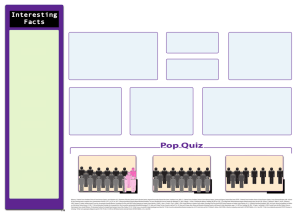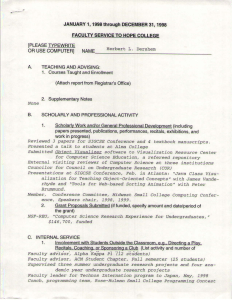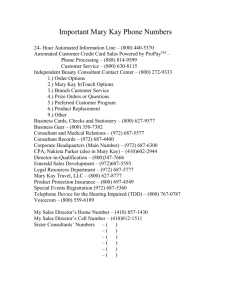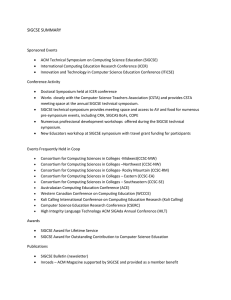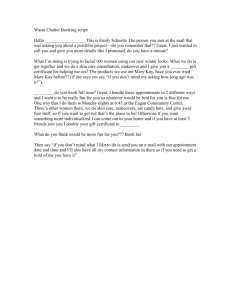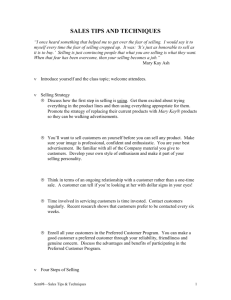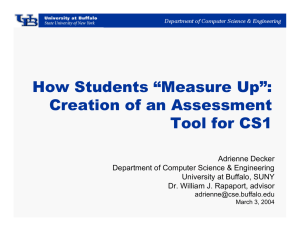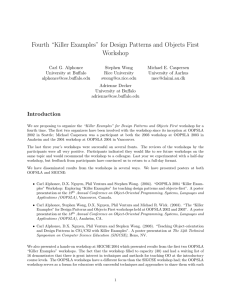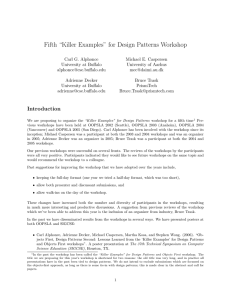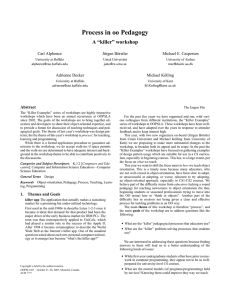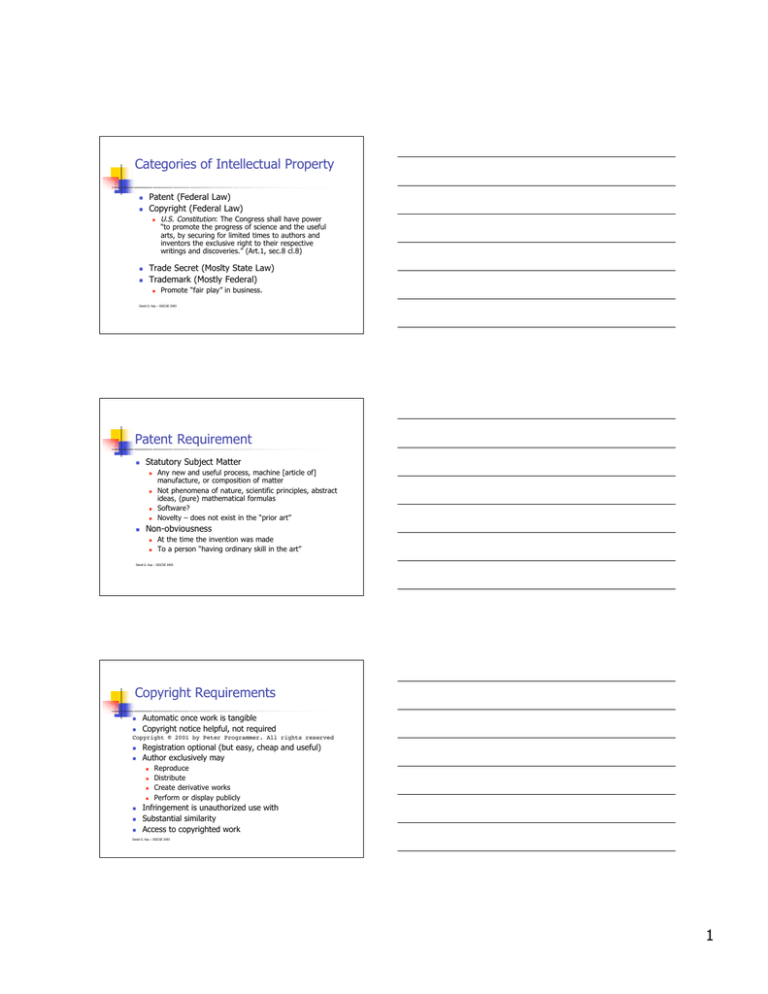
Categories of Intellectual Property
Patent (Federal Law)
Copyright (Federal Law)
U.S. Constitution: The Congress shall have power
“to promote the progress of science and the useful
arts, by securing for limited times to authors and
inventors the exclusive right to their respective
writings and discoveries.” (Art.1, sec.8 cl.8)
Trade Secret (Moslty State Law)
Trademark (Mostly Federal)
Promote “fair play” in business.
David G. Kay – SIGCSE 2003
Patent Requirement
Statutory Subject Matter
Any new and useful process, machine [article of]
manufacture, or composition of matter
Not phenomena of nature, scientific principles, abstract
ideas, (pure) mathematical formulas
Software?
Novelty – does not exist in the “prior art”
Non-obviousness
At the time the invention was made
To a person “having ordinary skill in the art”
David G. Kay – SIGCSE 2003
Copyright Requirements
Automatic once work is tangible
Copyright notice helpful, not required
Copyright © 2001 by Peter Programmer. All rights reserved
Registration optional (but easy, cheap and useful)
Author exclusively may
Reproduce
Distribute
Create derivative works
Perform or display publicly
Infringement is unauthorized use with
Substantial similarity
Access to copyrighted work
David G. Kay – SIGCSE 2003
1
Copyright Does Not Protect …
Independent Creation
Underlying ideas
Portions in the public domain
Aspects dictated by external constraints
(e.g. Standards, compatibility, efficiency, common
practice)
“Fair Use”
David G. Kay – SIGCSE 2003
2

